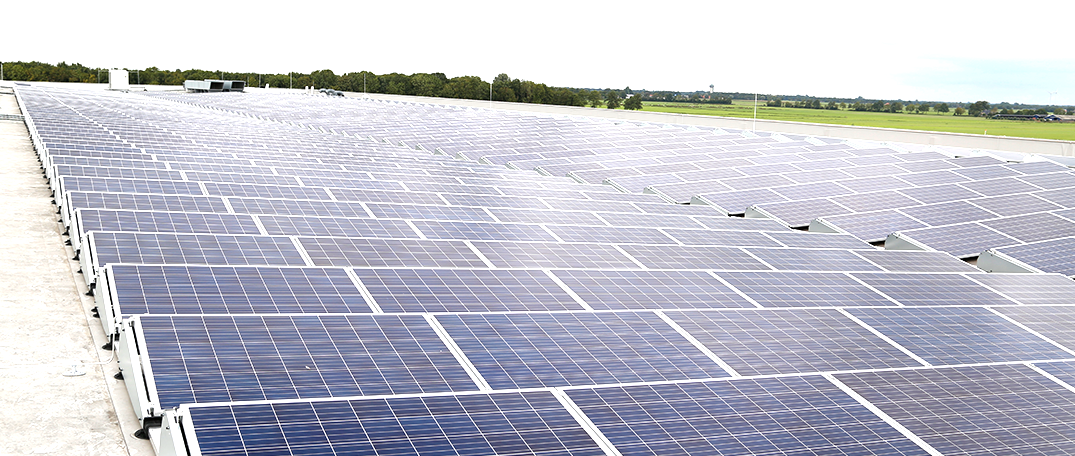The Netherlands will be able to maintain its current strong level of development of large-scale solar power plants, as the Dutch government announced on Wednesday that the budget for the 2018 SDE+ program for MW-sized renewable energy projects will remain at €12 billion.
The funds will be allocated in two phases, with a first €6 billion tranche being used in the so-called “spring round”, and a second tranche of the same amount going to finance incentives of the second phase, the “autumn round”.
This year’s program will provide incentives for wind farms, solar parks, biomass installations, hydropower plants and geothermal projects. As for solar, the minimum size limit for projects is 15 kW, although the majority of the PV projects selected in the program’s previous rounds come from installations ranging from a few hundreds kWs to several MWs.
The Dutch government stressed that the program is intended to work like an auction, and encourage applicants to submit projects for the lowest possible subsidy, with all projects and technologies competing with each other. In particular, the government added, “wind and solar energy has become considerably cheaper in recent years.”
The government also specified that for solar PV, in 2018, a distinction will be made between the electricity fed into the grid and self-consumed power on the basis of the guarantees of origins released by CertiQ, the country’s entity that certifies renewable energy. The advantage, for those PV plant owners with a high rate of self-consumption, will be avoiding the payment of grid and systems costs, the Minister of Economic Affairs and Climate Eric Derk Wiebes said in a letter to the Dutch Parliament.
As for the injected power, the SDE+ compensates for the difference between the cost price of renewable energy and the market value of the energy supplied. Subsidies are allocated for periods of eight, 12 or 15 years, depending on the maximum number of full load hours for each technology.
Popular content
The first round of the 2018 SDE program has three separate windows for submitting project proposals, which will be opened on March 13, 19 and 26. Solar projects over 1 MW may be submitted in the second window and will have a maximum tariff of €0.0107/kWh, while PV project proposals ranging in size from 15 kW to 1 MW will have to go through the third window, and will have a maximum price of €0.112/kWh. The maximum number of full load hours for both project typologies will be 950.
The SDE+ program was launched by the Dutch government with the energy strategy (Energieakkord) it issued in 2013, through which it aims to increase the share of renewables in Netherlands’ power mix from 14% in 2020, to 16% in 2023.
The program has so far produced remarkable results in terms projected growth. In the latest 2017 Autumn Round, solar was the prevailing source accounting for 69.4% of all preassigned capacity. The first SDE+ tender round in 2014 saw 883 MW solar PV projects awarded.
In the first three years of the program, approximately 2,313 MW of PV capacity was allocated under the nine-year rounds of the SDE scheme. Most of this allocated capacity, 961 MW, was assigned in the last “autumn round” of SDE 2016. All assigned capacity is slowly coming online, with the first projects reaching completion over the past few months.
This content is protected by copyright and may not be reused. If you want to cooperate with us and would like to reuse some of our content, please contact: editors@pv-magazine.com.



1 comment
By submitting this form you agree to pv magazine using your data for the purposes of publishing your comment.
Your personal data will only be disclosed or otherwise transmitted to third parties for the purposes of spam filtering or if this is necessary for technical maintenance of the website. Any other transfer to third parties will not take place unless this is justified on the basis of applicable data protection regulations or if pv magazine is legally obliged to do so.
You may revoke this consent at any time with effect for the future, in which case your personal data will be deleted immediately. Otherwise, your data will be deleted if pv magazine has processed your request or the purpose of data storage is fulfilled.
Further information on data privacy can be found in our Data Protection Policy.